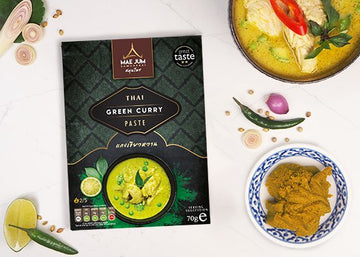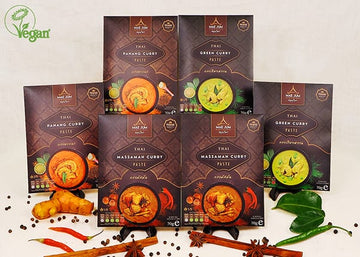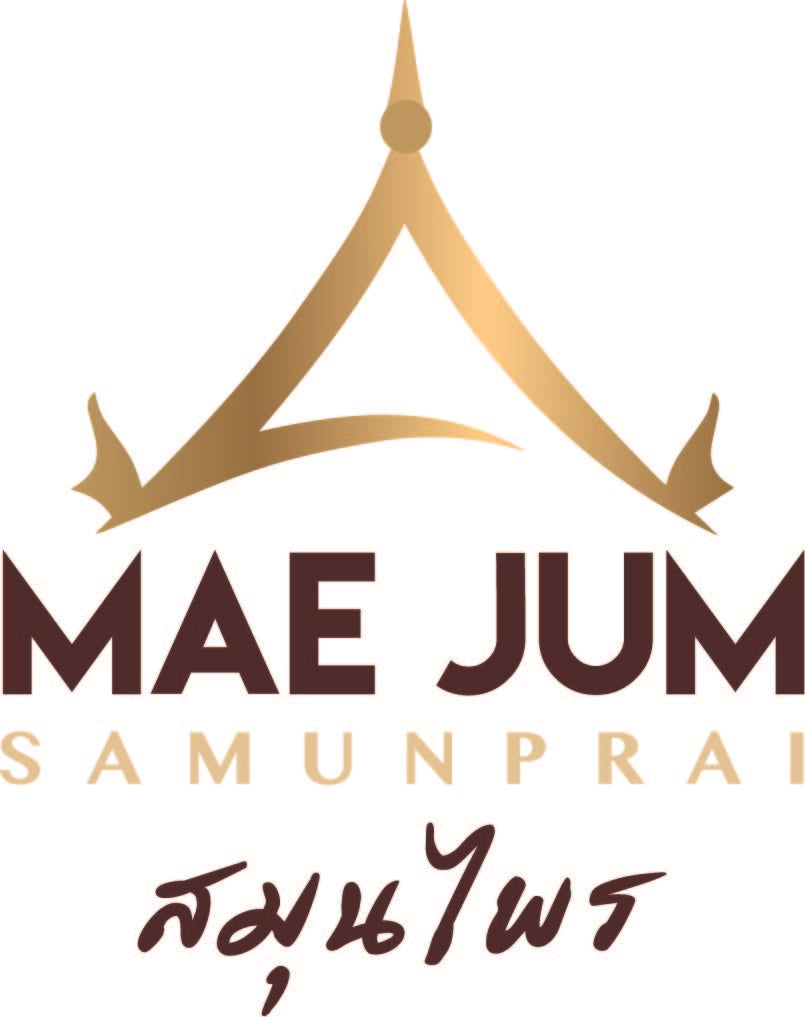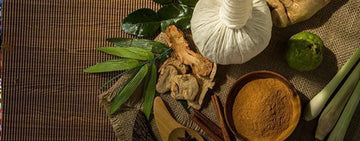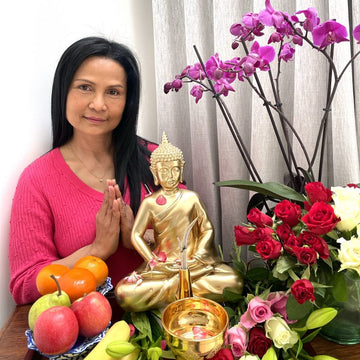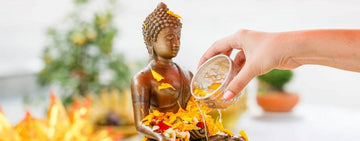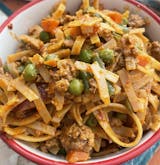Many years ago in the 14th century, Thailand saw a great deal of war and bloodshed. Soldiers would return from the battlefield victorious but aching and find their joints would struggle to cope with the rigours placed upon them.
Fortunately, there was light at the end of the tunnel for these weary warriors; relaxation and restoration were achieved by massaging various herbs into their bodies. This process became known as samunprai, which has since become a by-word for good health and well being in the Thai-speaking world.
The word samunprai has no direct equivalent in the English language, which is because the experience is wholly unique. To this day, warriors of the busy 21st-century world seek out herbal poultice massage to ease their own tensions, with the deep heat and tissue massage easing all worldly worries.

Lemongrass, galangal, mint, kaffir lime, turmeric and black pepper are among the herbs used to make a herbal poultice used in a samunprai treatment to restore tranquillity to the body. When divided into appropriate sizes, these herbs can also be hugely effective at easing any ailments within the body through edible sources.
Thai herbal pastes, often used in Thai curries, are made from similar ingredients aimed at also benefiting the body from within, but with surprisingly delicious results. You can read more about the ingredients on our blog post here!
This is how Mae Jum brings samunprai to modern life. We all deserve the opportunity to feel and be the best that we can, and that is made easier when a little Eastern flavour is brought to the west. Samunprai may not be a term that you are presently familiar with, but that will change when you realise just how much your well-being can be enhanced by the practice. Prepare yourself for the ultimate experience in luxury and indulgence. You deserve it.

If you enjoyed reading the history and practise of samunprai, please give this post a rating and subscribe for new blog updates and recipes. Follow and tag us @maejumsamunprai on social media for great foodie content and giveaway competitions! Read more on our blogs today!
